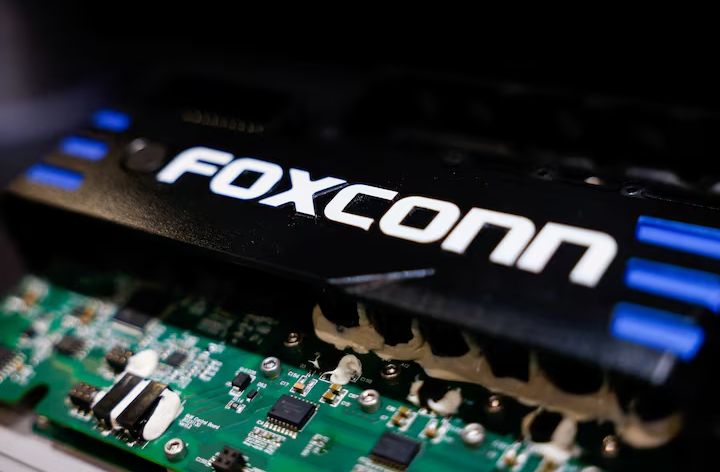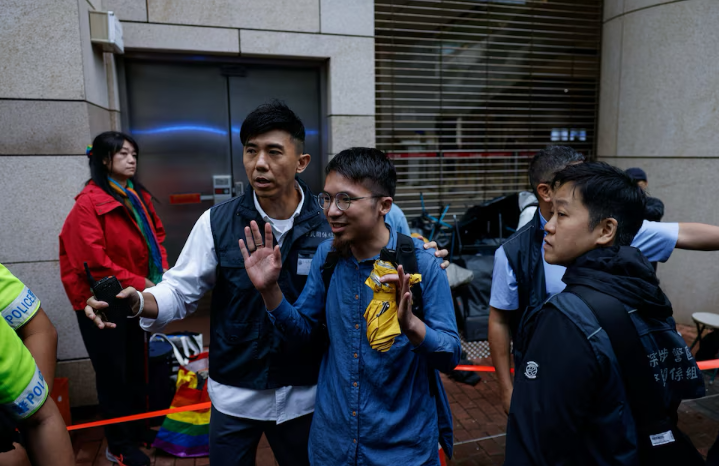Taiwanese tech giant Foxconn, the world’s largest contract electronics manufacturer and a key supplier for Apple, has expressed confidence that its global manufacturing network will reduce the potential impact of tariffs proposed by U.S. President-elect Donald Trump. Foxconn Chairman Young Liu stated that while clients may need to shift production, the company's extensive global footprint puts it ahead of competitors in adapting to trade policy changes.
Trump has announced plans to impose a 25% tariff on imports from Mexico and Canada and an additional 10% tariff on goods from China. Foxconn, which operates significant manufacturing facilities in China, including a major iPhone assembly plant, has been diversifying its supply chain in recent years. The company has expanded investments in countries like the United States, Vietnam, and Mexico to enhance flexibility and mitigate risks from geopolitical tensions.
Liu highlighted that the burden of these tariffs would primarily fall on clients, though Foxconn’s global presence provides a competitive edge. He emphasized that the company is continuously refining its global strategy to adapt to shifting trade dynamics. Foxconn’s efforts in Mexico, for instance, include the construction of a new facility to produce Nvidia’s high-performance GB200 superchips.
Despite uncertainties around Trump’s tariff policies, Liu noted that Foxconn would wait for greater clarity after the President-elect assumes office on January 20 before finalizing its response. He described the situation as a “game between nations” and stressed the importance of maintaining a flexible and adaptive approach to strategy.
In recent developments, Foxconn has continued investing in regional manufacturing. On Tuesday, the company’s subsidiary acquired land and factory facilities in Harris County, Texas, for $33 million. Liu also confirmed Foxconn’s commitment to expanding its presence in Mexico, aligning with the growing trend toward regionalized production to address global supply chain challenges.





